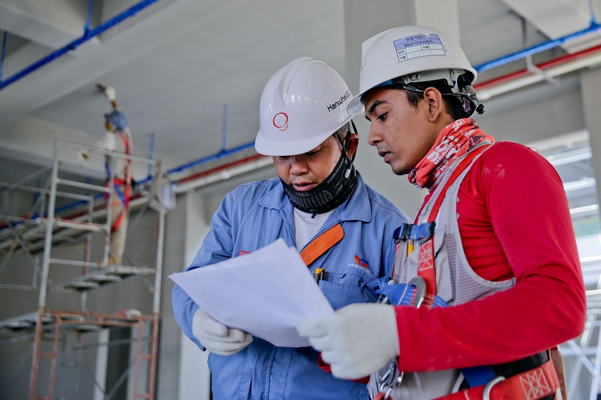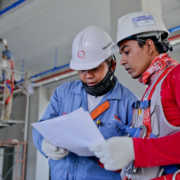Collaborative Contracting Could Re-energise Singapore’s Construction Recovery

Singapore’s construction sector is showing signs of strength and stability into 2023, having risen 10 percent year on year in the fourth quarter of 2022 following an 8.1 percent growth in the third quarter. Greater investment in collaborative contracting could be key to building further on the current rate of recovery, according to Turner & Townsend’s Singapore Market Intelligence Report: April 2023.
The global professional services company expects this growth to continue, forecasting total construction demand to be between S$27bn and S$32bn in 2023. Despite challenges and uncertainties, the construction industry will likely outpace the wider economy this year.
Pent-up demand for public and private construction is one of the factors driving the success of Singapore’s construction sector. The bulk of anticipated construction work in 2023 is for residential, commercial, and infrastructure projects, with a robust pipeline of both public housing as well as private residential developments resulting from previous successful en-bloc transactions and government land sites sold in 2021 and 2022. Commercial construction demand is also expected to ramp up in 2023, including the redevelopment of old commercial premises to enhance asset values and the recommencement of major projects that were halted during the pandemic.
Singapore’s government has also set out refreshed infrastructure priorities, with the 2023 budget laying out a plan for some key construction and infrastructure needs that point toward a more consensus-driven approach. There are several measures broadly aimed at increasing productivity, such as the S$4 billion National Productivity Fund top-up, the new Enterprise Innovation Scheme, and the S$1 billion boost to the Singapore Global Enterprises initiative.
The local construction sector has room to grow but remains vulnerable to global challenges such as high inflation and rising interest rates. This uncertainty has resulted in construction costs remaining high despite a year-on-year decrease in prices for steel bars (13.9 percent) and concreting sand (1.7 percent), holding back a rebound in other types of construction projects. While the industry’s performance is steady, it has the potential for further growth if major players can take tangible steps to overcome the challenges and if delayed projects resume.
Considered together, these factors call for more investment in collaborative contracting. This inclusive approach, advocated by Turner & Townsend and other industry players, creates value through closer consultation among stakeholders and has the potential to re-energise Singapore’s built environment beyond its current rate of recovery. Implementing collaborative contracting practices takes time and requires trust from all parties from the start. Singapore’s government is already encouraging this, with the Building and Construction Authority recently refreshing the Built Environment Industry Transformation Map (ITM) to combine the previous Construction and Real Estate (Facilities Management) ITMs into a single map focusing on a value-chain approach.
Khoo Sze Boon, Managing Director, Singapore and Vietnam at Turner & Townsend, said: “To prepare for the future and meet construction needs, better collaboration across the supply chain is critical in driving towards an advanced and integrated sector. Embracing new ways of working, such as collaborative contracting, could herald a new level of partnership and industry cooperation. Adopting the latest frameworks and technologies will help our industry improve efficiency and productivity, driving greater value into projects big and small across the city. To transform Singapore’s Built Environment for tomorrow, we need to drive collaborative contracting efforts today.”

